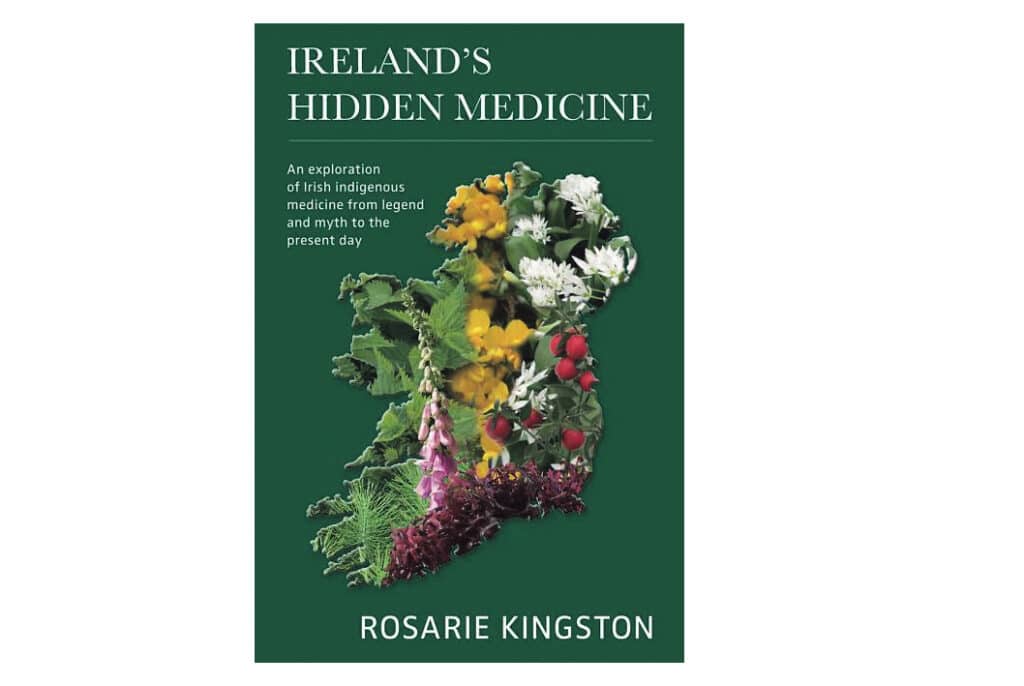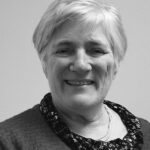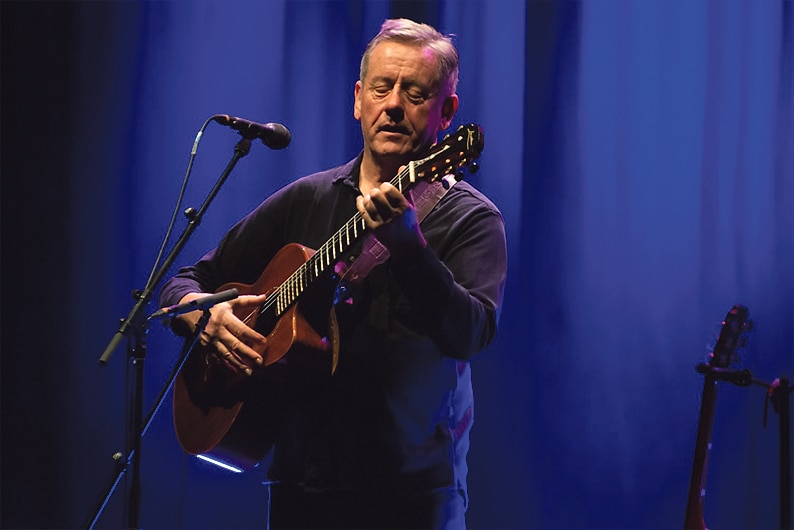
This month I am going to talk about the many healers of vernacular medicine who still practise in our communities. Most people call this folk medicine, but this term does not give it the recognition, or respect, it deserves because these cures sustained our communities for many centuries and still do so today.
The therapies within vernacular medicine may be roughly divided into three distinct areas, physical manipulation, plant medicine, and charms, prayers, and rituals. A person may have a cure for ringworm or ‘heart fever’. Another person may have a ‘bottle’ that helps a certain condition, and yet another may ‘raise the breast-bone’ to relieve chest pain.
Lanes and Heffernan’s are well known bonesetters and the Lane name ‘as gaeilge’ is Ó Leighin, which comes from the Irish, ‘Leigheas’, meaning healer. The Elizabethan Fiants of 1641 list 17 people with the name Ó Leighin and the occupation of 16 of them is listed as chirosurgeon. The word ‘chiro’ comes from a Greek word meaning hand, so a chirosurgeon is a person who heals through his hands. The occupation of the 17th Ó Leighin was listed as Sergeant, which is probably a misunderstanding of the word surgeon.
Lanes, then, would have come from a learned tradition. Their ancestors would have been one of the hereditary medical families serving Irish Chieftains in Munster. Other hereditary medical families serving the Munster chieftains were Ó Callanáin (Callanan), Ó hÍceadha (Hickey), Ó Nialláin (Nealon) and Ó Troighthigh (Troy). Unfortunately, these families lost their lands and positions with the demise of the old Gaelic order in the 17th century. What is quite amazing is how much of the knowledge remained with the families, or disseminated into wider community, so that some of the cures continued to be available to those in need.
I am not familiar with anyone in West Cork who ‘raises the breastbone’ but it is a technique practised successfully in other parts of the country for different chest ailments, the most common description being ‘under the weather.’
The healer who uses plants to treat an ailment has a superb knowledge of their properties, and their skill in applying this knowledge, be it for skin cancer, shingles, or arthritis, is built on years of apprenticeship and experience. The only danger today is that the sons and daughters of these healers will not continue the tradition due to fear of litigation.
The healer who can use a charm to stop bleeding or heal a sprain is the healing method we find most strange, and it is not easy for any of us to accept that this not only happens but is also effective. This method of healing comes under the banner of psychoneuroendocrinology today, but I am not sure it can be so easily categorised.
If you want to hear more about Irish vernacular medicine, and meet Sean Boylan, one of our best-known traditional healers, come to the launch of my book, ‘Ireland’s Hidden Medicine’ in Fields, Skibbereen at 6.30pm on Friday, October 15.
New book explores Irish indigenous medicine
Rosarie Kingston’s new book ‘Ireland’s Hidden Medicine’ explores the rich healing traditions of Ireland which resonate through the country’s landscape, music, festivals and language.
Indigenous medicine, no matter where it exists in the world, is characterised by the oral transmission of knowledge and the necessity for each person to be in harmony with themselves, their society and environment, as well as the spirit world.
Ireland is no different, and its traditional therapeutic approach is designed to address body, mind, spirit and emotions within the local social and environmental context. However, these ancient healing traditions are increasingly neglected due to the dominance of biomedicine as the country’s primary system of healthcare.
Ireland’s Hidden Medicine explores how the core elements of any medical system are always the same: diagnosis, prognosis, treatment, and prevention of ill health. These central elements do not change, but the medical systems which give them expression may evolve, mutate, and even die, because their fortunes are tied up with the changing cultural, technological, and economic paradigms of their societies.
This book provides a fascinating look at the history and fortunes of Irish folk medicine – from the legendary god of healing, Déin Chécht, to the coming of Christianity and the religious and social backdrop of the nation’s development. The book also provides a seasonal guide to utilising Ireland’s indigenous medicine, which provides a wealth of benefits and a connection to a sacred and therapeutic landscape.
Rosarie Kingston is a practicing medical herbalist in West Cork, Ireland. She lectures in the department of Folklore and Ethnology at University College, Cork. Her PhD examined Irish vernacular medicine in the twenty-first century and she considers this blending of science and tradition paramount to the progression of modern healthcare.
‘Ireland’s Hidden Medicine’ by Rosarie Kingston. Paperback RRP: €20 at aeonbooks.co.uk
Discount code IH20 for 20 per cent off applied at checkout; valid until 31.10.21



